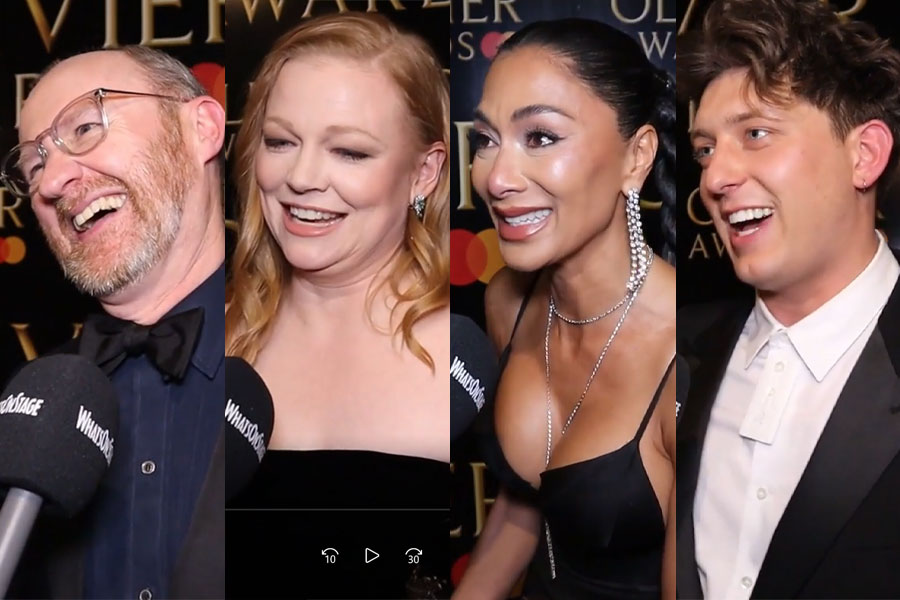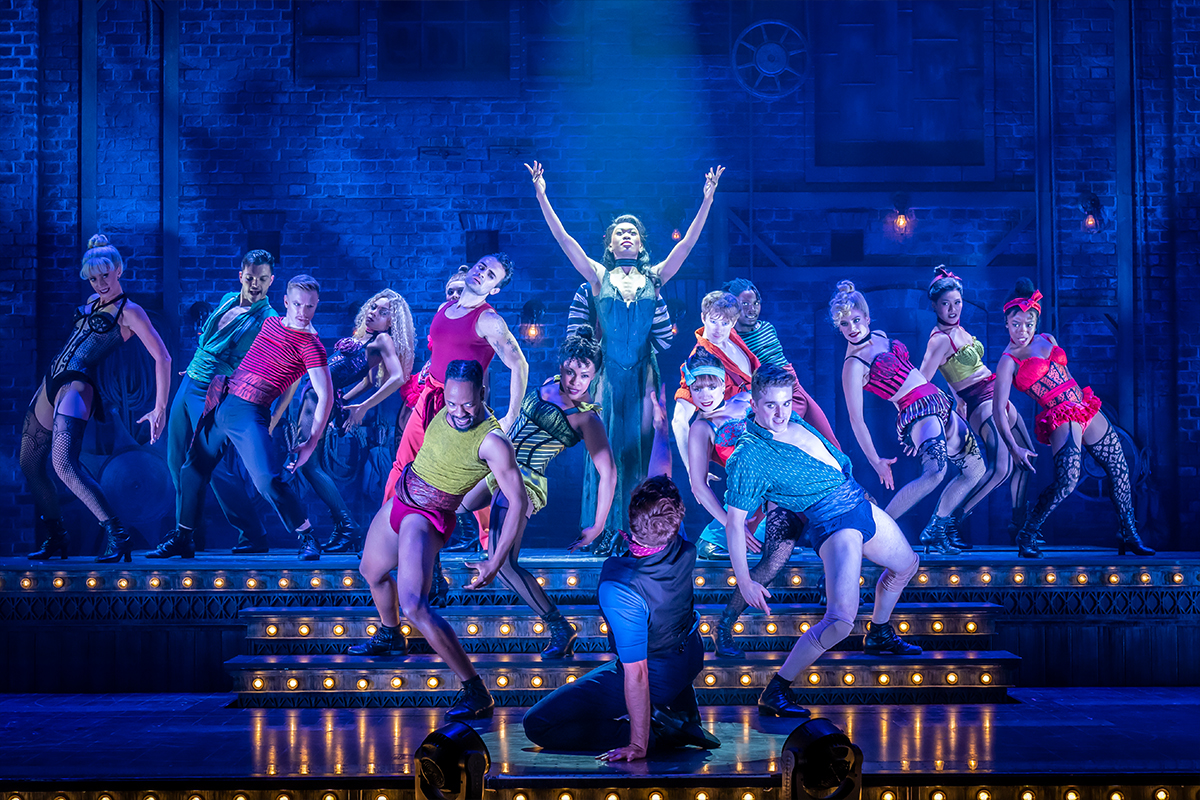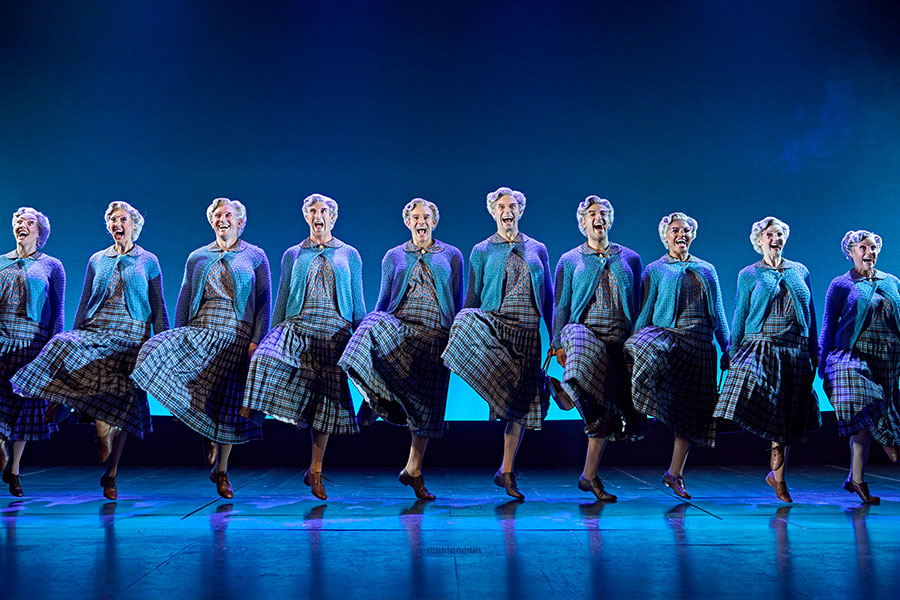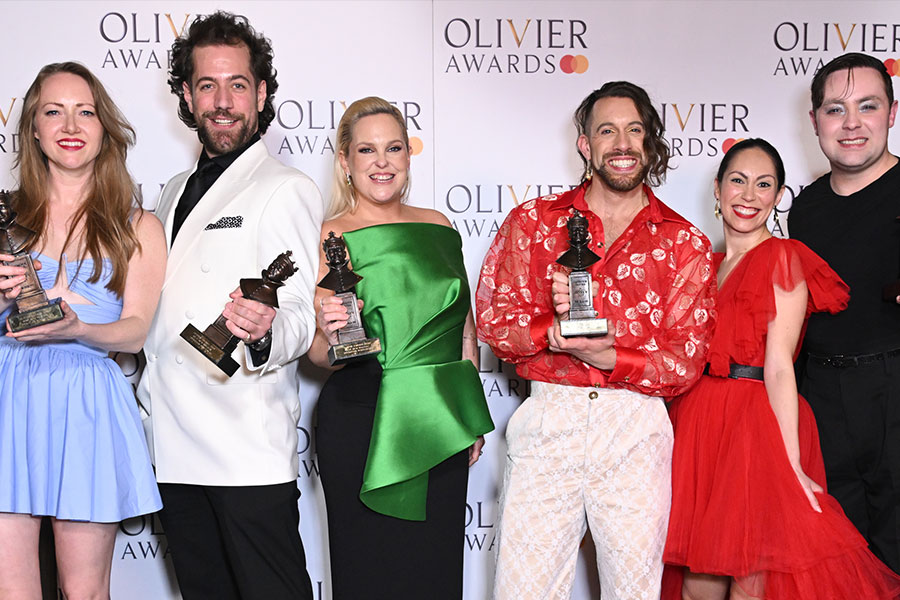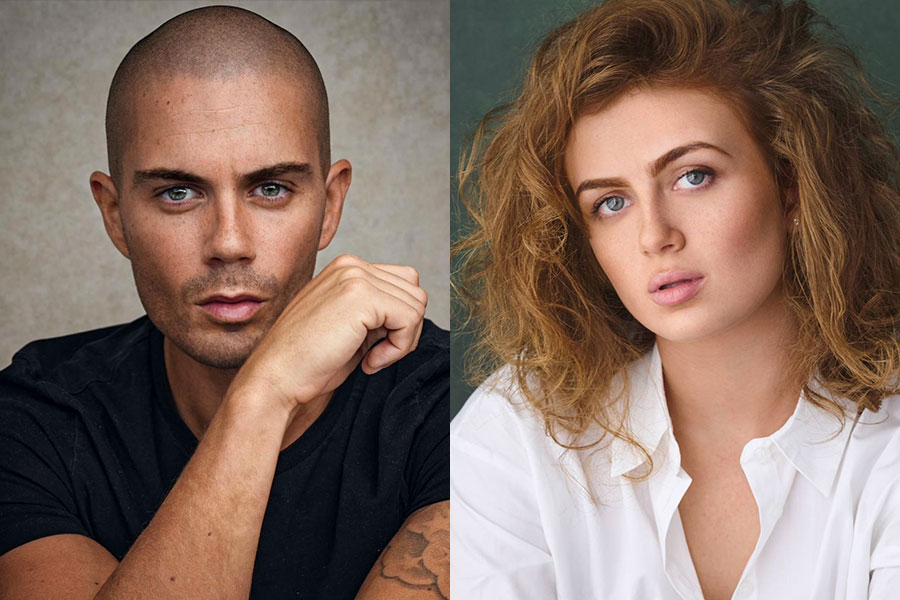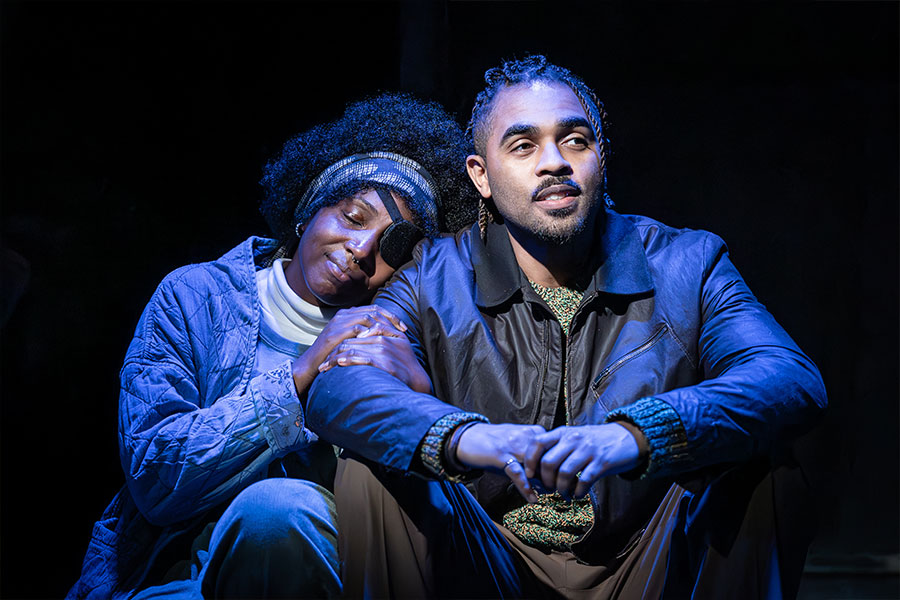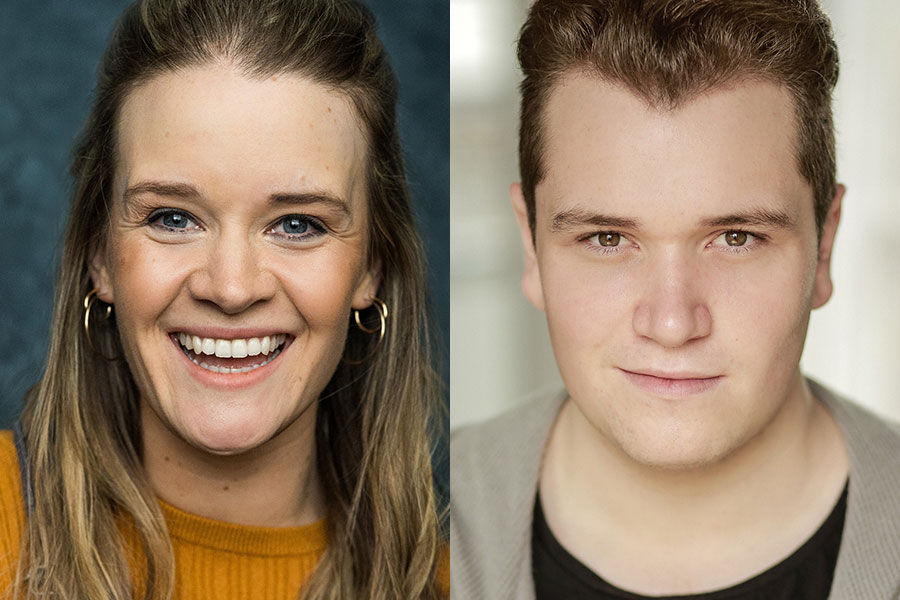Rusalka (Leeds)
Rusalka has the same problem as The Pearl Fishers – it’s a one-hit opera – but, whereas Bizet reprises “Au fond du temple saint” at every opportunity, Rusalka’s Song to the Moon is surrounded by music of very different character. Wagner is the most cited influence on Dvorak here, but, when three Wood Nymphs begin with their “ho-ho-hos” in emulation of the Valkyrie, it’s not long before Bohemian dance rhythms take over. A friskily naive wedding chorus could be by Sullivan until it’s counterpointed with an agonised song of loss. The witch Jezibaba recalls Humperdinck as she prepares to eat the Kitchen Boy before moving into full Wagnerian mode for Rusalka’s final tragic transformation.
The story is slight for a three-act opera and it’s a tribute to the power of the music and the performance that the Wagnerian climax doesn’t seem overblown at the end of what is to British taste a trivial tale. Rusalka, a water nymph, falls in love with a prince and asks to be transformed into a human. She is warned that this will result in her losing the power of speech and lead to rejection and detachment from both worlds. She insists, Jezibaba affects the transformation, the Prince falls in love with her and a marriage is arranged, but the Prince, bored by her silence and timidity, turns to the exotic Foreign Princess. Rusalka returns rejected; the Prince follows with tragic results.
Olivia Fuchs makes a cogent case for the opera by emphasising its darker side, at times its humorously dark side. Niki Turner’s designs feature bare space and blocks of ice, home to nymphs and sprites who can’t understand human passion. The court is characterised by costume, elegantly oppressive 18th century Russian garb in contrast to the vaguely modern costumes of sprites and nymphs.
The production of what I still find a problematic opera works, because the concept is thought through seriously and consistently, and because of the consistently high quality of the cast. Once again Opera North has taken great care with a revival, bringing back four superb principals from the 2003 performances: Giselle Allen’s Rusalka, equally effective in gloriously passionate utterance and touching dumb-show; Richard Angas’ compassionate and agonised Water Nymph; Susannah Glanville, luxury casting as the Foreign Princess, imperious in every note and gesture; and Anne-Marie Owens, in splendid voice, alternating parody and menace, as a Jezibaba in the Dr. Frankenstein tradition. The one new principal, Richard Berkeley-Steele, fields a hefty Heldentenor which makes much of the oddly moving duet for one with Rusalka at the end of Act 1. The lighter elements are stylishly handled: the excellent Mark Le Brocq and the convincingly boyish Catherine Hopper make much of the comic interludes for Huntsman and Kitchen Boy, and the Wood Nymphs of Natasha Jouhl, Kim-Marie Woodhouse and Alexandra Sherman merrily occupy the middle ground between Mikado and Walkure.
The score has its longueurs, but Oliver von Dohnanyi’s idiomatic conducting negotiates the unexpected shifts effortlessly and elicits especially fine playing from the orchestra’s woodwinds.
– Ron Simpson



